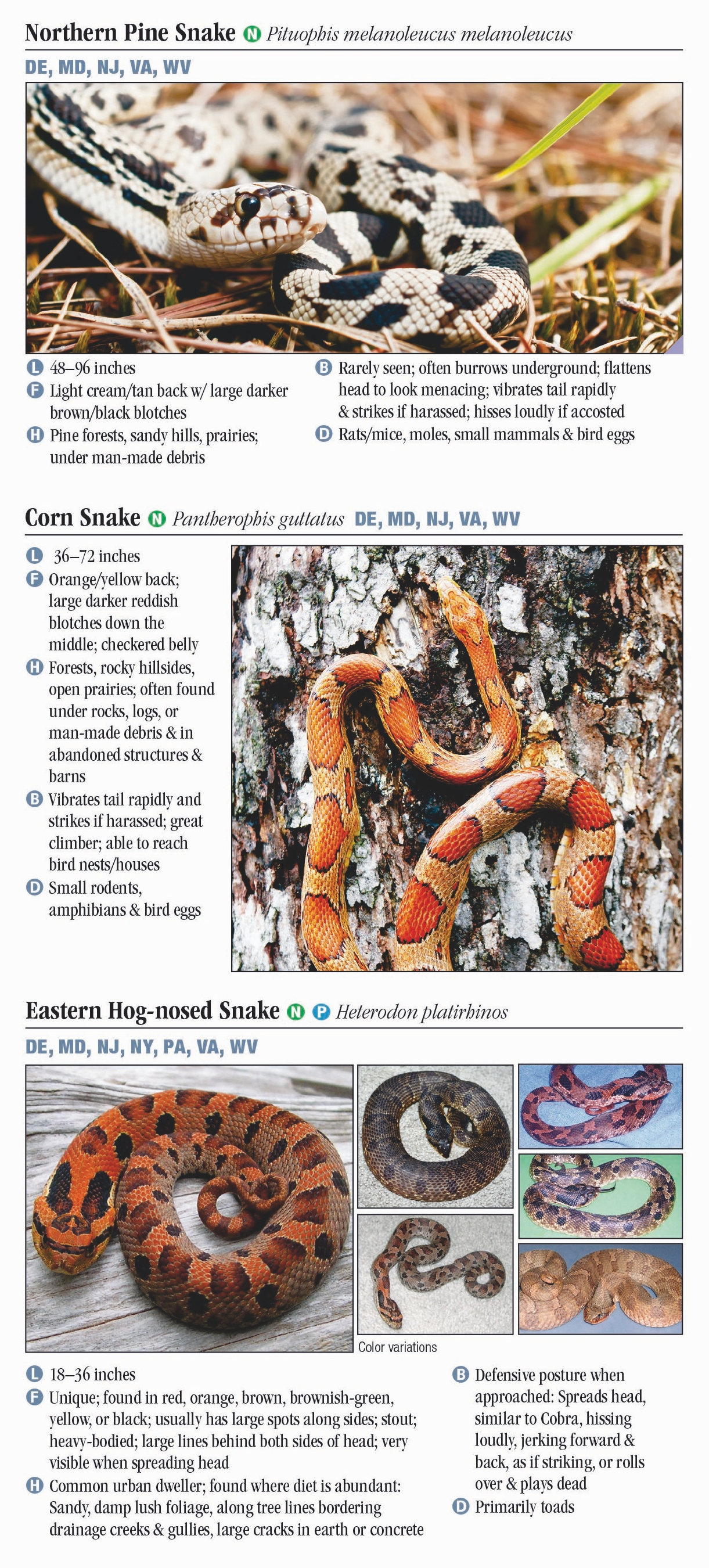Symptoms include swelling, small bleeding, sensitivity, shaking, as well as stress and anxiety. Antivenin, usually described as antivenom, is commonly made use of to deal with the impacts of neighborhood and also systemic pit viper envenomations. The removed venom is then thinned down and infused right into horses, goats, or lamb, whose body immune systems create antibodies that protect from the harmful impacts of the venom.
Snakes Go Blind During the Heat of Summer.

When he opens his mouth, his hinged fangs unravel from his upper jaw, and he lunges forward to supply an effective Timonium Animal Removal bite. His strike takes just regarding half a second, during which his hollow fangs infuse his would-be predator with dangerous venom.
Does vinegar keep snakes away?
There is nothing stronger than the smell of bleach. Better known as Mustard Gas in WW1. Snakes have an excellent sense of smell.
Rocks supply them cover from killers, plentiful prey (e.g. rodents, reptiles, pests, etc. that live among the rocks), and also open basking locations. Nevertheless, rattlesnakes can likewise be located in a variety of various other environments including meadows, forests, marshes, and deserts. Rattlesnakes are predators that stay in a wide selection of habitats, searching small pets. such as birds as well as rodents.
What do snakes do all day?
Snakes are most active whenever temperatures are between 80-90F. This means that the snakes may be active most of the day during the spring, and during the early mornings and late afternoons throughout the summer.
- When rattlesnakes are too hot they pull away right into the shade or into a burrow.
- Area study herpetologists guess the heat soaked up by the mommy python during the day helps to receive the young serpents' high body temperatures as she coils concerning them at night.
- As a protective action, snakebite is utilized to inhibit further call by a prospective predator or a negligent interloper.
- Although it has a fairly reduced poison return, the venom poisoning of C.
- Like many other snakes, rattlesnakes aestivate during really hot or dry periods, which is why they are rarely seen throughout the most popular and driest months of summertime.
What do you do when you hear a rattlesnake?
If you're bitten by one it can be dangerous, but it's very rarely fatal. However, if left untreated, the bite may result in severe medical problems or death.
Care is encouraged even when snakes are believed to be dead; rattlesnake heads can pick up, flick the tongue, and also cause poisonous attacks reflexively for as much as an hour after being cut from the body. Rattlesnakes often tend to prevent wide-open areas where they can not conceal from killers, and normally avoid people if they recognize their method. Rattlesnakes seldom attack unless they feel endangered or provoked. A bulk of victims (concerning 72%) are men, frequently young as well as intoxicated. Around fifty percent of attacks happen in more info instances where the target saw the snake, yet made no effort to relocate away.

How do I get rid of snakes in my yard naturally?
Since the pests cannot chew or dig, they must gain entrance through small holes and cracks at ground level. Depending on their size, snakes may even be able to slither under gaps in doors. Once inside, the pests travel throughout houses inside walls, pipes, and around trusses.
Rattlesnakes consume computer mice, rats, small birds, as well as other The original source little pets The victim is eliminated swiftly with a venomous bite as opposed to restriction. The rattlesnake can follow it by its fragrance if the bitten prey relocates away prior to dying. When it finds the fallen prey, it checks for indicators of life by prodding with its snout, flipping its tongue, as well as using its feeling of smell. Once the victim has come to be incapacitated, the rattlesnake situates its head by smells produced from the mouth.
Baby snakes are born completely fit for survival, so parental care is not really necessary. During this time, the eyes show up a milklike gray-blue, and the snake's capability to see is minimal. In nature, specifically in the southerly United States, a fantastic many snakes slip into a shed cycle in late summer season, so perhaps the misconception that all snakes "go blind" was birthed during this time of year. Snakes do not just go blind based upon temperature level or season.
They can sense olfactory stimulations both through their nostrils and also by snapping their tongues, which carry scent-bearing bits to the Jacobson's body organs in the roofing system of their mouths. Rattlesnake eyes, which contain many rod cells, are well adapted to nighttime use. Nevertheless, rattlesnakes are not specifically nocturnal, and their vision is much more severe throughout daytime conditions. Rattlesnakes additionally have cone cells, which suggests they are capable of some kind of color vision. The rattlesnake eye does not have a fovea, making it impossible for them to see greatly specified pictures.
What smells do snakes hate?
So it behooves one to wear snake-resistant clothing, which is meant to keep the snake's fangs away from your skin. Canvas or heavy denim is pretty good, the main thing is that you don't want it close to the skin—make the snake bite through the fabric and an inch or two of "dead air" before its fangs hit the skin.